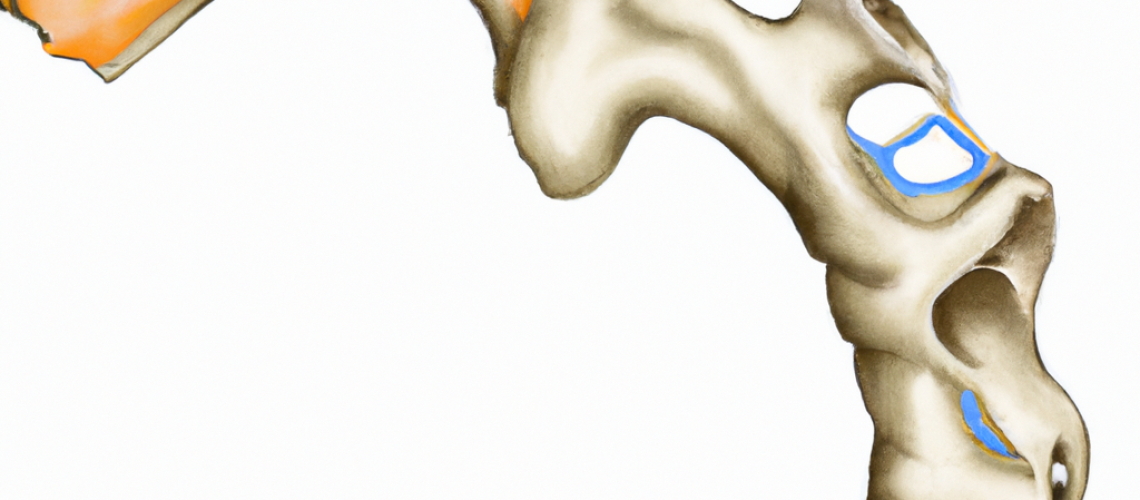When it comes to healing bone fractures, proper nutrition plays a pivotal role in accelerating the recovery process. Among the essential nutrients, protein takes center stage as a key player in rebuilding and strengthening damaged bones. In this article, we will delve into the crucial role of protein in bone fracture healing, exploring its mechanisms, dietary sources, and the best ways to ensure an optimal intake for a swift and successful recovery.
The Importance of Protein in Bone Fracture Healing
Protein is a macronutrient composed of amino acids, often referred to as the “building blocks” of life. These amino acids are crucial for the body’s ability to repair and regenerate tissues, making them an integral part of the bone healing process. Here’s how protein contributes to bone fracture recovery:
- Collagen Production: Collagen is the primary protein found in bones, providing structural support and elasticity. During the healing process, the body relies on a steady supply of amino acids from dietary protein to synthesize new collagen fibers. These fibers help bridge the gap between fractured bone segments, gradually restoring strength to the affected area.
- Muscle Maintenance: Bone fractures often lead to immobilization, which can result in muscle atrophy and weakness. Consuming sufficient protein helps preserve muscle mass and strength, facilitating mobility and reducing the risk of complications during the recovery period.
- Immune Function: Protein also plays a vital role in maintaining a robust immune system. A well-functioning immune system is essential for preventing infections at the fracture site, which can significantly impede the healing process.
- Enhanced Blood Flow: Adequate protein intake supports the production of hemoglobin and red blood cells, contributing to improved oxygen and nutrient delivery to the fractured area. This enhanced blood flow promotes faster healing.
Dietary Sources of Protein
To harness the benefits of protein for bone fracture healing, it’s essential to incorporate high-quality protein sources into your diet. Some excellent sources of protein include:
- Lean Meats: Chicken, turkey, and lean cuts of beef or pork are rich in protein and low in saturated fats.
- Fish: Fatty fish like salmon, mackerel, and trout not only provide protein but also deliver omega-3 fatty acids, which have anti-inflammatory properties beneficial for healing.
- Dairy Products: Greek yogurt, cottage cheese, and low-fat milk are excellent sources of protein and calcium, essential for bone health.
- Legumes: Beans, lentils, and chickpeas are plant-based protein sources that also provide fiber and various vitamins and minerals.
- Nuts and Seeds: Almonds, peanuts, chia seeds, and flaxseeds are protein-rich options that offer additional nutrients such as healthy fats and antioxidants.
- Eggs: Eggs are a complete protein source, containing all essential amino acids necessary for bone healing.
- Tofu and Tempeh: These soy-based products are excellent alternatives for vegetarians and vegans, offering a substantial protein content.
- Protein Supplements: In some cases, individuals may find it challenging to meet their protein needs through diet alone. Protein supplements, such as whey or plant-based protein powder, can help fill the gap.
Optimizing Protein Intake for Bone Fracture Healing
To ensure you’re getting the right amount of protein to support bone fracture healing, follow these guidelines:
- Calculate Your Protein Needs: Consult with a healthcare provider or a registered dietitian to determine your specific protein requirements based on factors like age, weight, and the severity of your fracture.
- Balanced Diet: Aim for a balanced diet that includes a variety of protein sources to provide a wide range of essential amino acids and nutrients.
- Meal Planning: Distribute your protein intake evenly throughout the day to promote steady amino acid availability for healing.
- Hydration: Stay adequately hydrated to support protein synthesis and overall healing processes.
- Avoid Excess Protein: While protein is essential, excessive consumption can strain the kidneys. Stick to recommended daily intake levels.
- Supplements with Caution: If you’re considering protein supplements, consult with a healthcare professional to ensure they are suitable for your situation.
- Monitor Progress: Regularly assess your recovery progress with your healthcare provider and adjust your protein intake if necessary.
Conclusion
In the journey to recover from a bone fracture, nutrition is a critical component that should not be underestimated. Protein, with its role in collagen production, muscle maintenance, immune function, and enhanced blood flow, plays a pivotal role in expediting the healing process. By incorporating protein-rich foods into your diet and optimizing your protein intake, you can provide your body with the necessary building blocks to mend and strengthen fractured bones.
Remember, the path to recovery is unique for each individual, so consult with healthcare professionals to tailor your dietary plan to your specific needs. With the right nutrition and care, you can look forward to a quicker and more successful healing process.
External Link: National Institute of Arthritis and Musculoskeletal and Skin Diseases
Read also our article on the Importance of Calcium and Vitamin D in Bone Fracture Healing.

